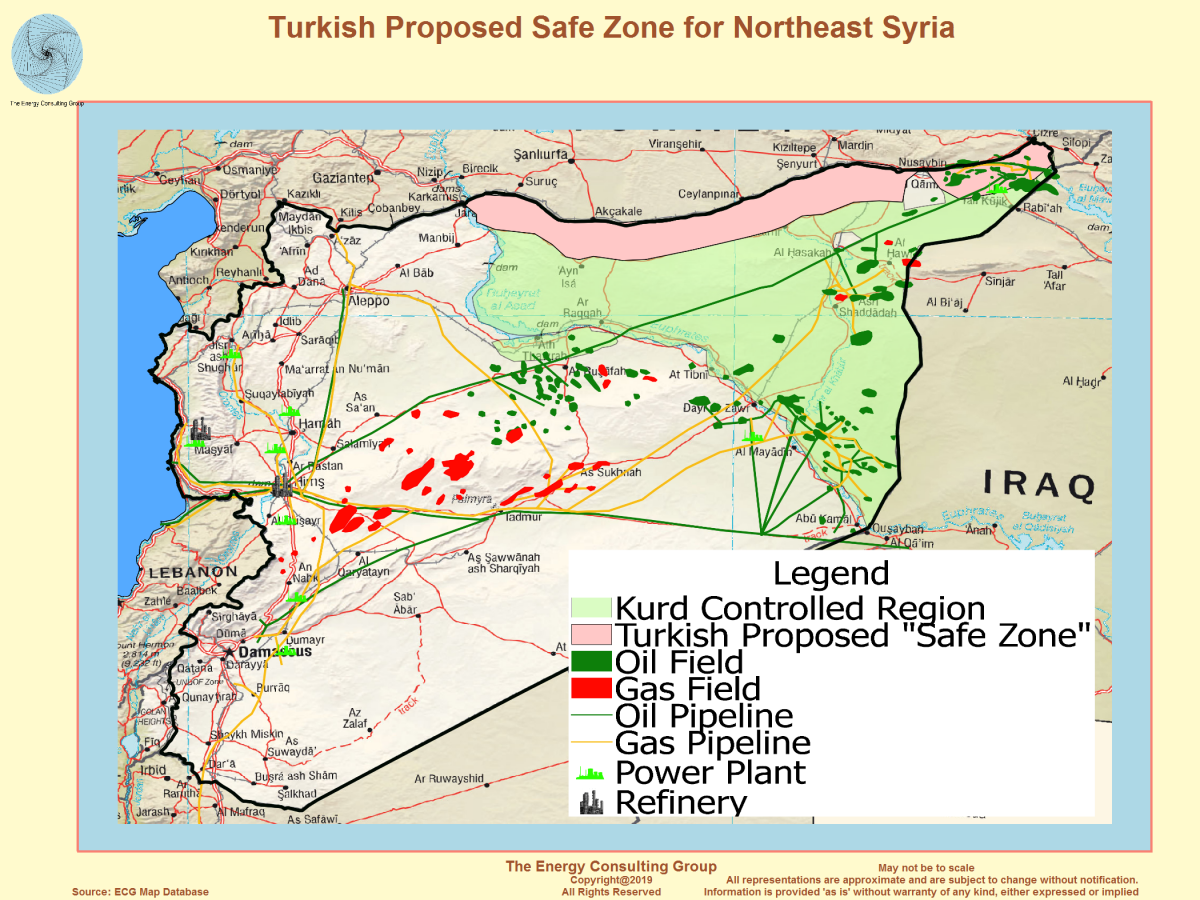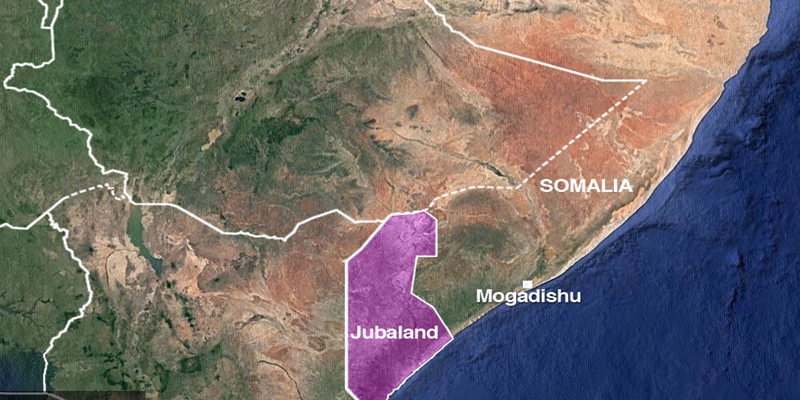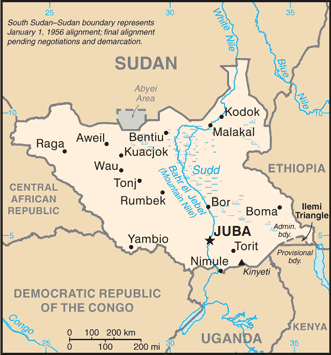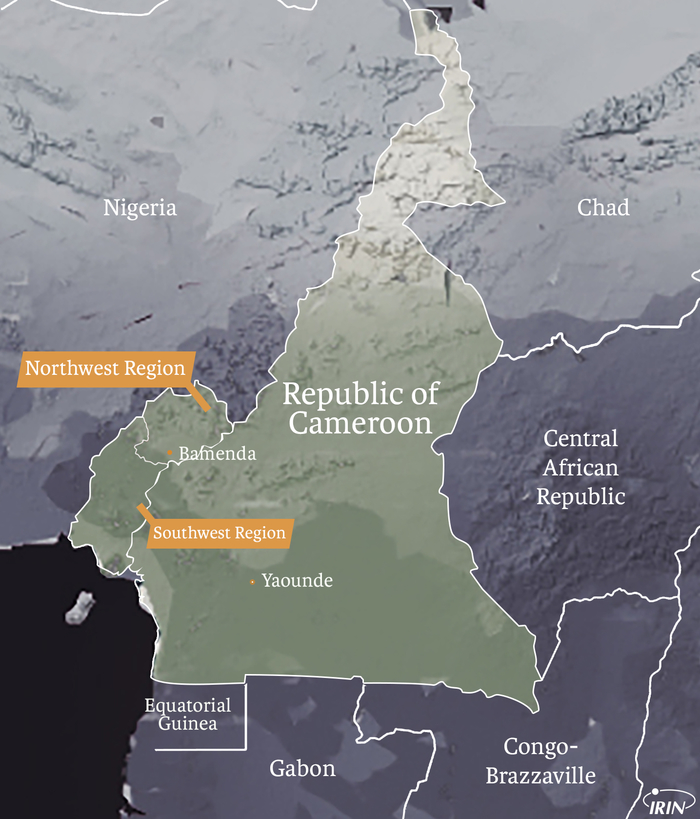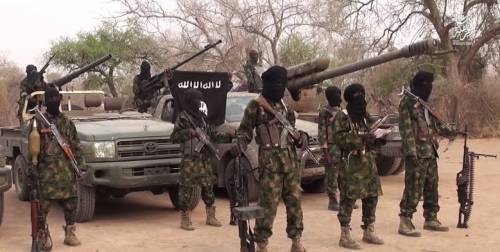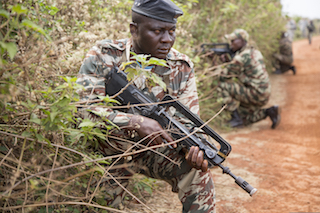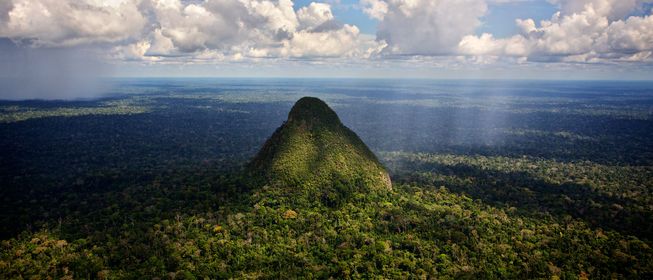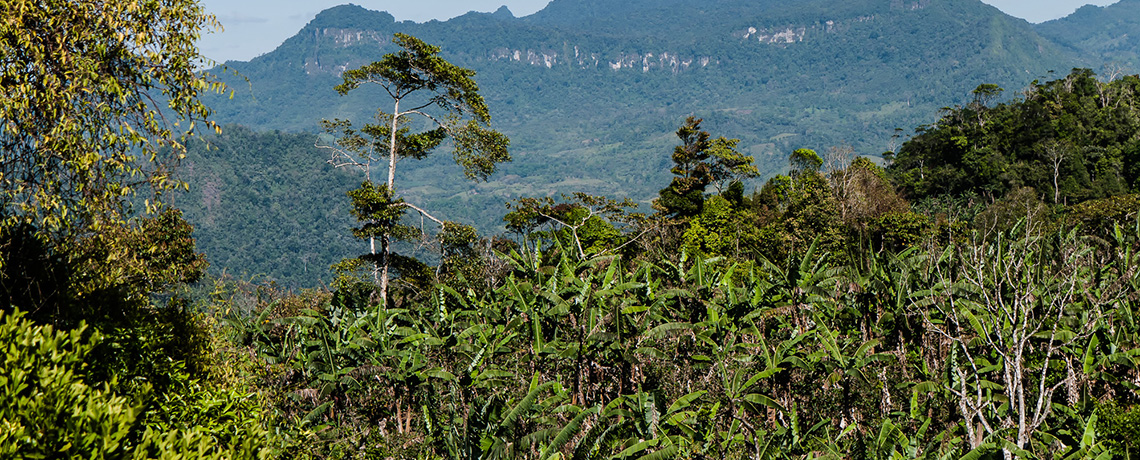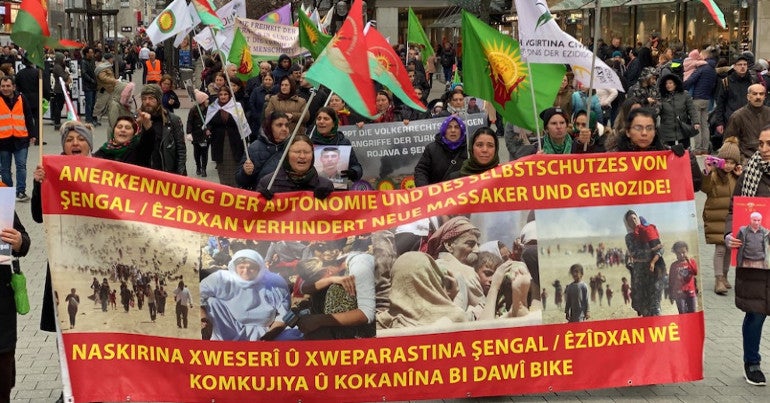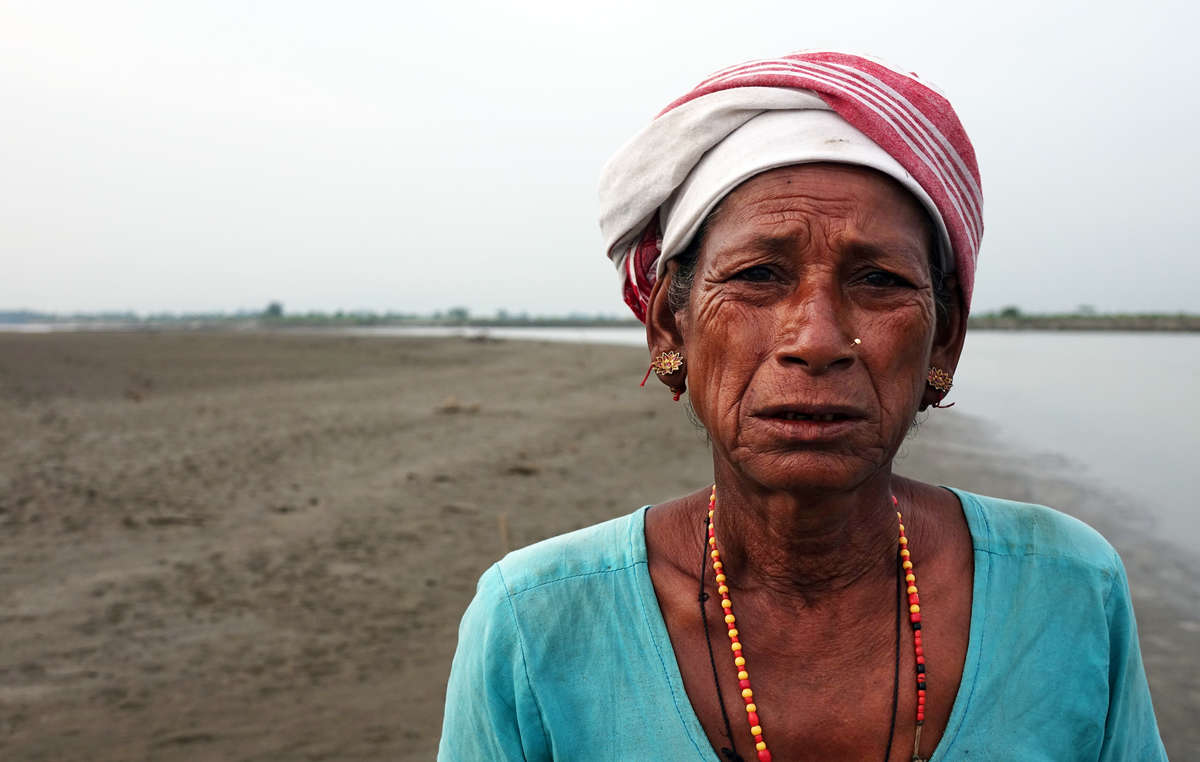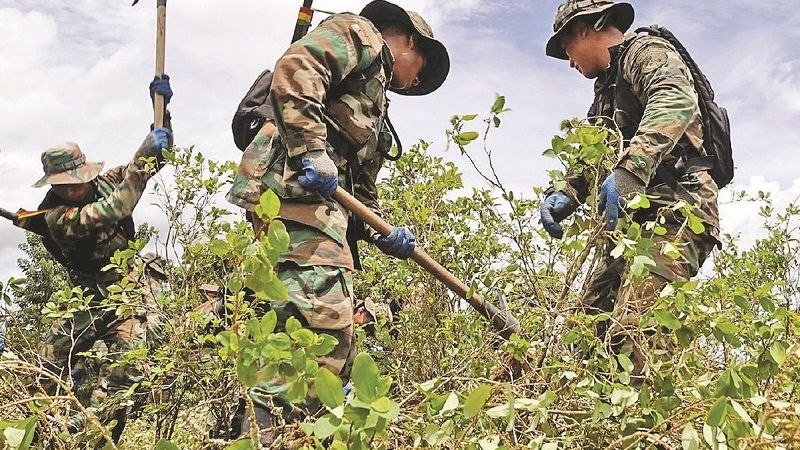
Bolivia: regime targets Chapare for eradication
Bolivia’s National Council to Combat Illicit Drug Trafficking (CONALTID) has issued a new strategy paper calling for changes to the country’s General Coca Law that would allow eradication operations throughout the Chapare region in the eastern lowlands. The change would overturn a reform of the law made under Evo Morales that permitted coca cultivation for the legal domestic market throughout most of Chapare. The CONALTID strategy asserts that 91% of Chapare coca production is being diverted to the illicit market. In announcing the policy change, Defense Minister Fernando López issued a stern warning to the inhabitants of the Chapare: “We are not playing, we are ready for anything.” Chapare, a heartland of support for the ousted Morales, has been a de facto autonomous zone outside the control of La Paz since last year’s coup d’etat. (Photo: Página Siete)



